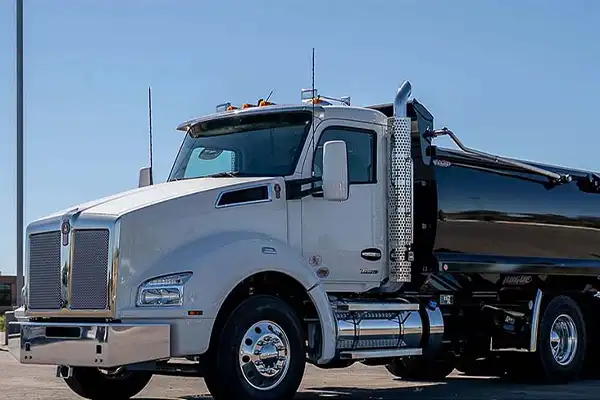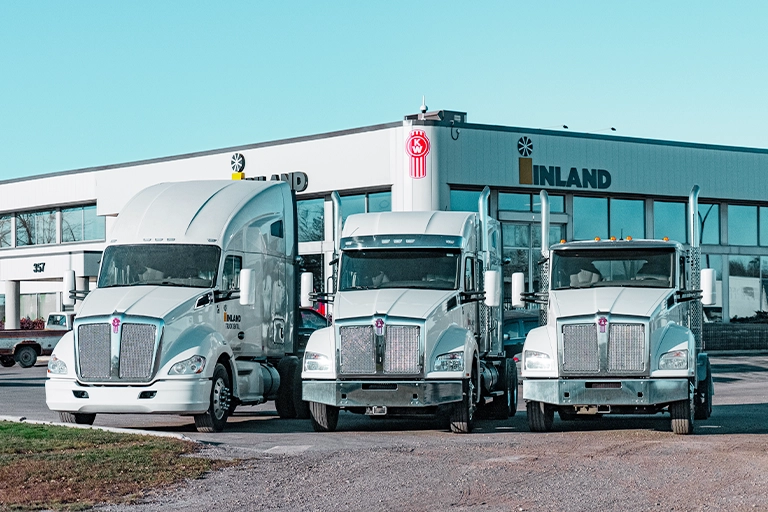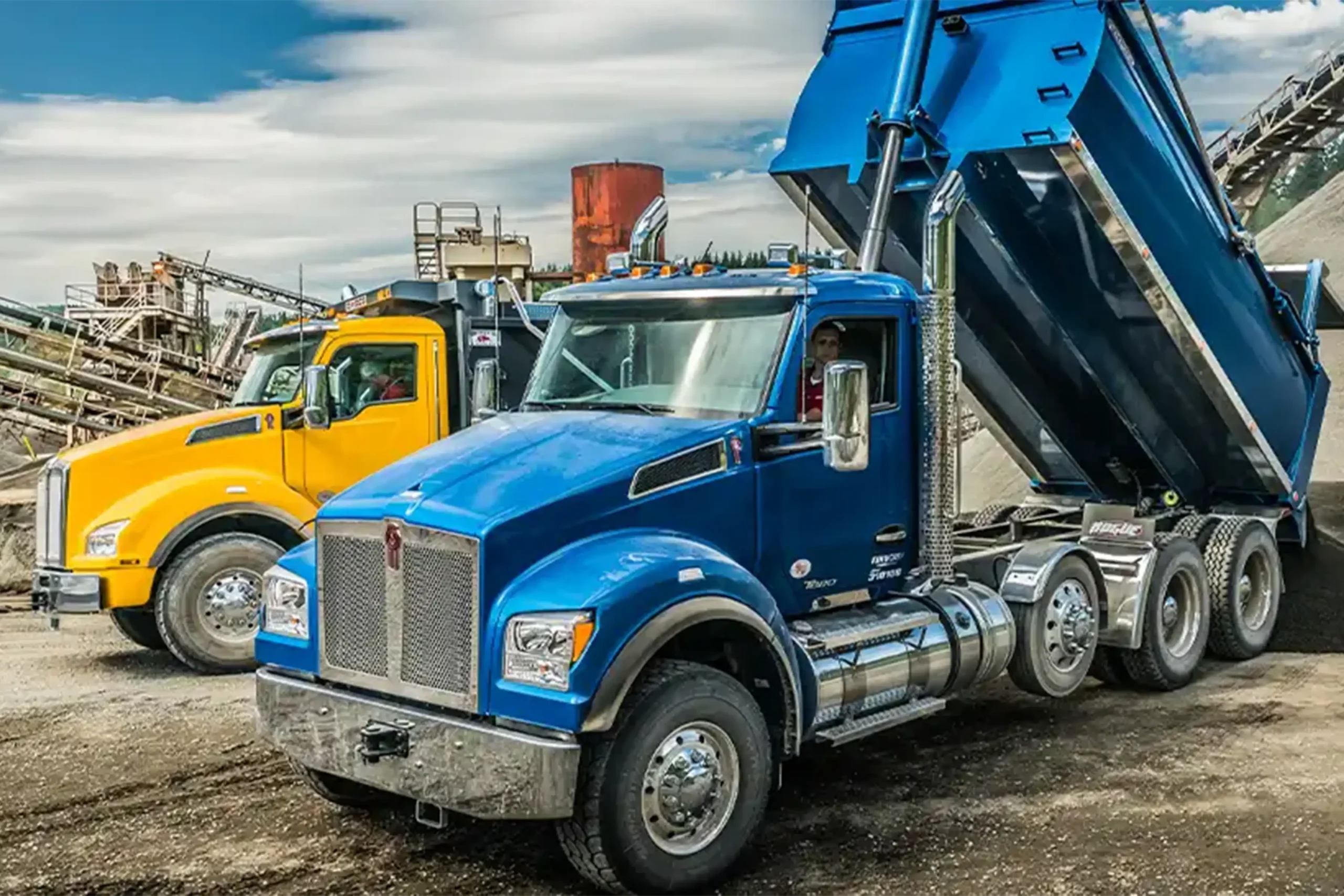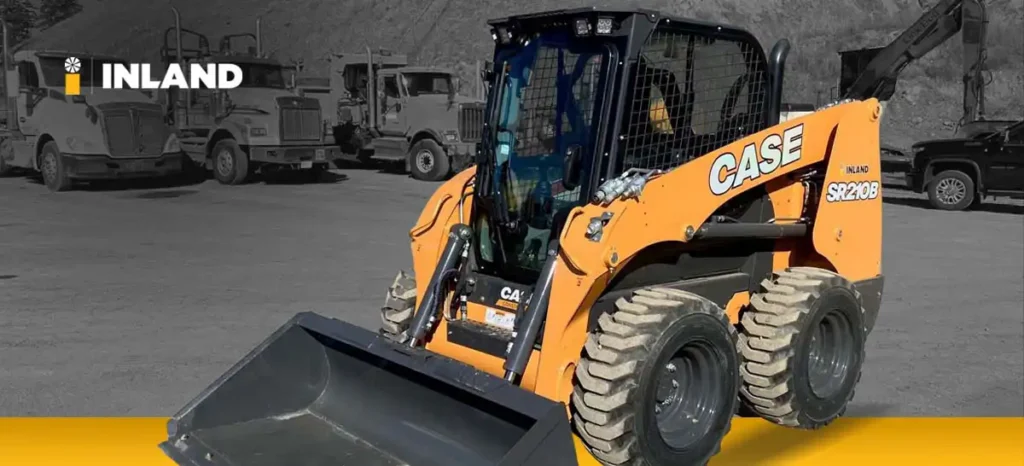
When your business or forestry operation needs heavy equipment, the decision to rent or buy is a strategic choice that can shape your company’s efficiency, cash flow, and long-term growth.
With costs rising and project demands in constant flux, it’s wise to weigh the pros and cons of renting versus buying to determine which investment will better serve your business.
The Case for Buying Heavy Equipment
Purchasing heavy equipment involves significant upfront expenses, but it’s the foundation of long-term success for many businesses. Here’s what you need to know about the advantages and challenges of owning your machinery.
Long-Term Cost-Effectiveness
Buying heavy equipment can be more economical for businesses with ongoing or high-frequency equipment needs. Owning your machinery spreads the initial investment out over several years, decreasing your per-hour costs the more you use it. Ownership is especially appealing for companies that rely on heavy machinery daily, as the long-term savings can outweigh the upfront expense.
Total Availability
Convenient access is one of the most noteworthy advantages of ownership. There’s no need to wait for someone else to return a rental or worry about availability during peak seasons. Owning a fleet lets you respond quickly to job opportunities, unexpected projects, or emergencies, giving your business a competitive edge and greater operational flexibility.
Asset and Equity Building
When you purchase heavy equipment, it becomes a tangible asset on your company’s balance sheet, increasing your net worth. You can leverage this added equity for business loans or lines of credit, providing additional financial flexibility. Plus, when it’s time to upgrade, you have the option to sell your equipment and recoup some of your investment, further strengthening your financial position.
Tax Advantages
Owning heavy equipment can offer valuable tax advantages. For instance, you may be eligible to recover some of your investment through the Canada Revenue Agency’s Capital Cost Allowance.
The CCA allows you to gradually write off the cost of equipment used for business purposes, easing the initial financial burden and improving your cash flow. Over time, these tax deductions can lower your tax bill and boost asset value. Since available deductions and credits can vary based on your location and business setup, it’s wise to speak with a tax professional who can explain your options.
Ownership Considerations
Before deciding whether to rent or buy heavy equipment, look beyond the initial price tag and consider the full scope of responsibilities that come with ownership.
- High initial investment: Significant upfront capital can strain cash flow or limit other investments and may require financing, which would add interest costs.
- Maintenance and repair: Owners are responsible for all upkeep, repairs, and labor. Owning heavy equipment may require you to hire skilled technicians and stock an inventory of parts to avoid unexpected breakdowns, which can lead to costly downtime.
- Depreciation: Equipment loses value over time as newer models with better technology enter the market. When you resell, heavy equipment value can fluctuate based on market demand and condition.
- Storage and transportation: Idle equipment still incurs costs even when you don’t use it, because you must arrange and pay for secure storage and transportation between jobs.
The Case for Renting Heavy Equipment
Renting offers flexibility and convenience, especially if your business has changing needs or limited capital.
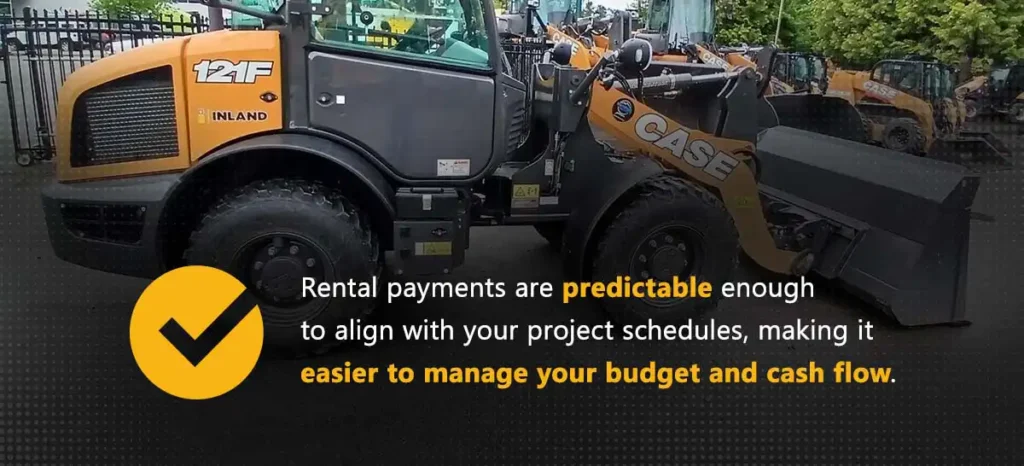
Renting heavy equipment eliminates the need for a substantial down payment, freeing cash you can reallocate to other areas. Rental payments are also predictable enough to align with your project schedules, making it easier to manage your budget and cash flow.
No Maintenance Responsibility
When you rent equipment, the rental provider takes care of all maintenance, repairs, and regulatory compliance. That reduces your administrative workload and risk and minimizes downtime, since the rental company’s technicians quickly handle issues.
Access to Modern Technology
Renters have access to the newest models, which often come with advanced features, better fuel efficiency, and enhanced safety. You don’t have to worry about outdated equipment, as rental companies regularly update their fleets to reflect new technology and industry standards.
Flexibility for Specific Jobs
Renting makes it easy to acquire specialized or seasonal equipment for unique projects without committing to a long-term investment. You can quickly scale your fleet up or down as your project demands change, so you always have the correct tools for the job without unnecessary overhead.
Renting Considerations
While renting heavy equipment offers flexibility and convenience, weigh the unique factors that come with this option.
- Higher long-term cost: For frequent or long-term use, rental fees can add up and eventually surpass the cost of ownership, and there is no opportunity to recoup costs through resale.
- Limited availability: High-demand periods can mean your preferred equipment is unavailable when you need it unless you’ve already reserved it.
- No return on investment: Rental payments are operational expenses and do not build equity or add to your company’s asset base, and there are no tax benefits from depreciation.
Should You Rent or Buy? A Strategic Decision
The right choice depends on your business’s unique needs, financial situation, and operational capabilities. Use these questions to guide your decision.
- Will you use the equipment regularly or only for specific projects?
- Long-term, frequent use often favors buying, whereas businesses with short-term or occasional needs may be better off renting.
- Do you have the capital for a down payment and ongoing ownership costs?
- Would a predictable, lower monthly rental expense better support your cash flow?
- Do you have in-house technicians and facilities to handle regular maintenance and repairs?
A Third Option — Buying Used
If you’re not entirely sure whether to rent or buy heavy equipment, there is a middle ground. Purchasing used equipment can be a budget-friendly alternative. Used machines often provide many of the same ownership, availability, and potential tax benefits as new equipment, with a significantly lower upfront investment.
At Inland, we thoroughly inspect every piece of used equipment for quality and reliability, so you can feel confident you’re getting dependable, affordable machinery.
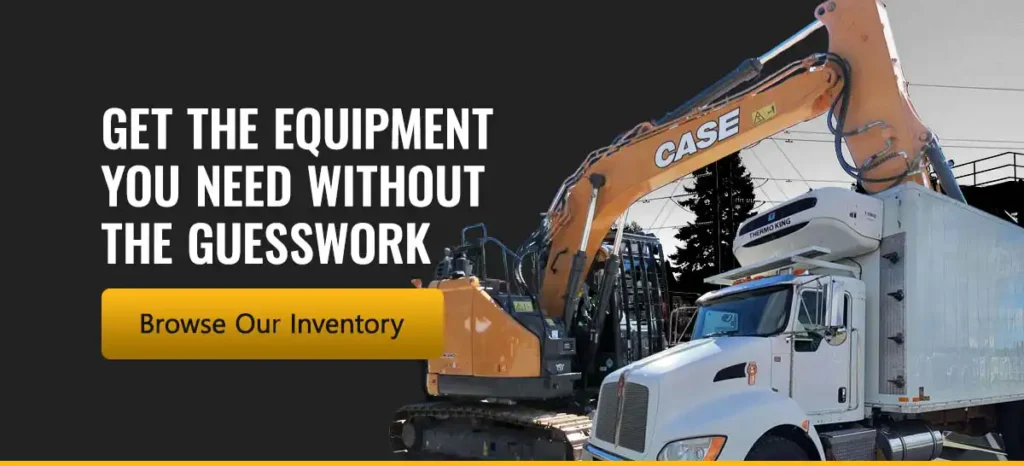
Get the Equipment You Need Without the Guesswork
Whether you’re renting for a short-term project or investing for the long haul, Inland is your trusted source for heavy-duty solutions. With decades of experience serving forestry, construction, and industrial sectors across Canada and the U.S., our team understands what it takes to keep your operation moving smoothly.
If you’re ready to rent, explore our extensive selection of trucks and equipment designed for flexibility and rapid deployment. Thinking about buying? Browse our inventory of new and used machines, all backed by expert service and support. And if you’re still weighing your options, your nearest Inland dealer is here to provide personalized guidance and quotes tailored to your project needs. Your next job deserves quality equipment and a partner who’s invested in your success. Choose Inland for equipment that meets your standards and keeps your operation on track.

